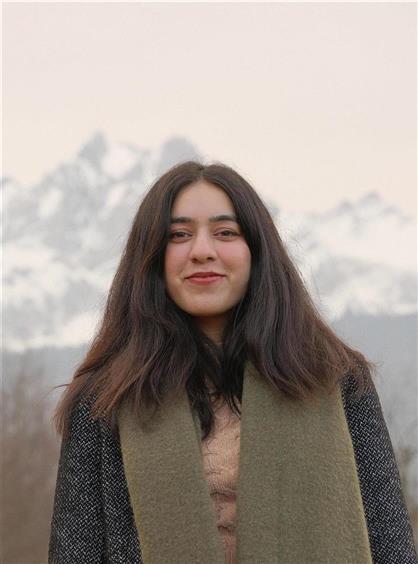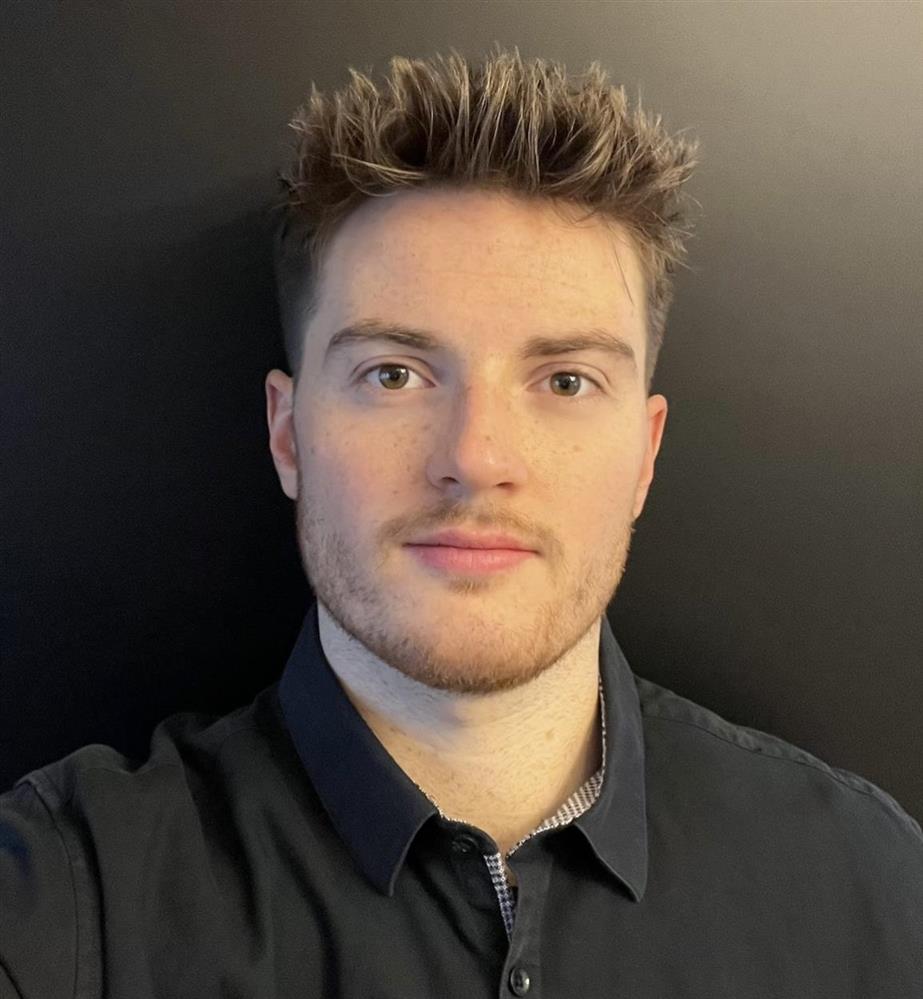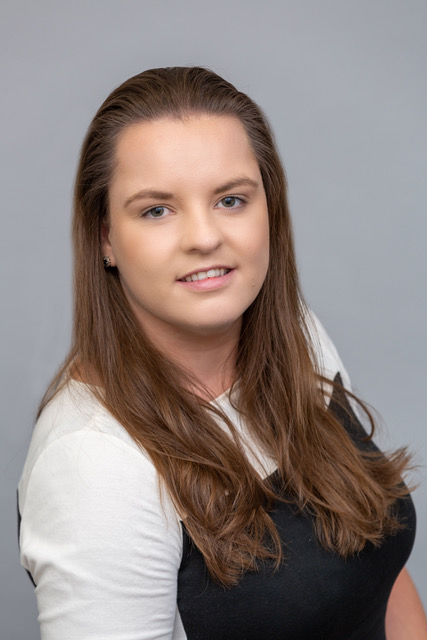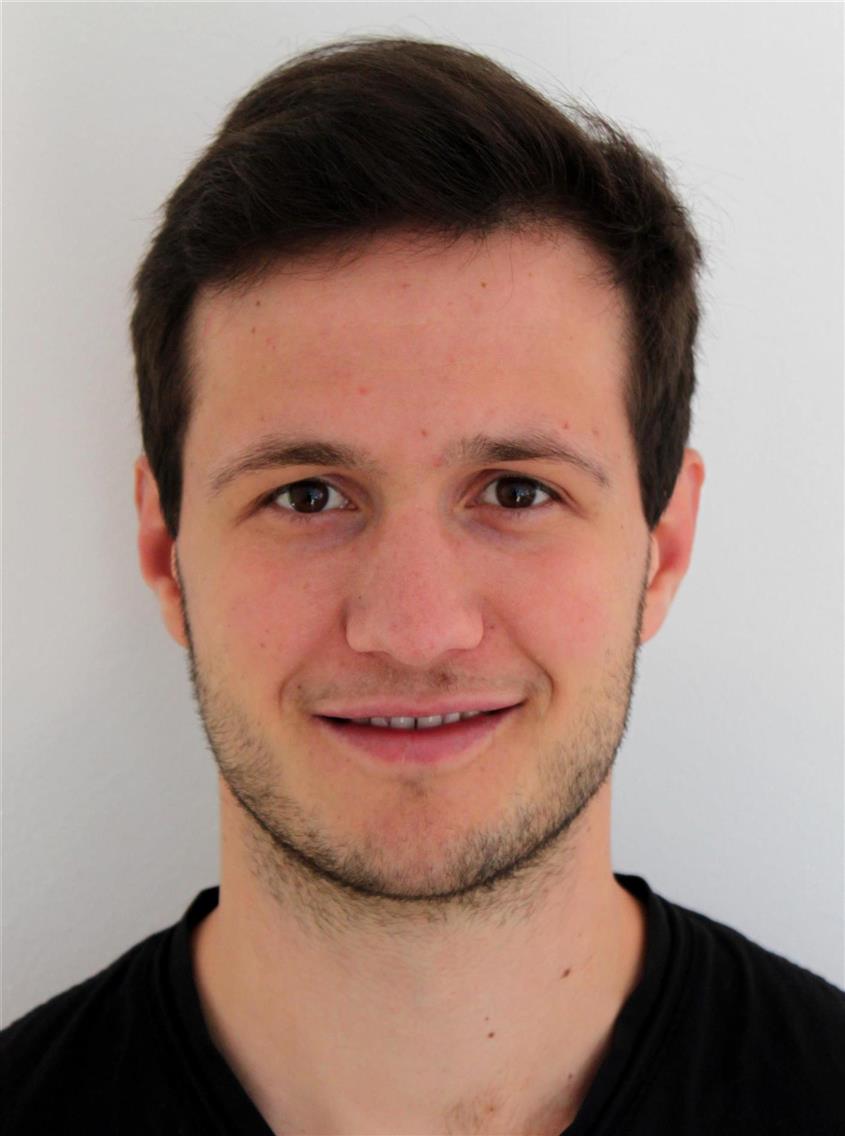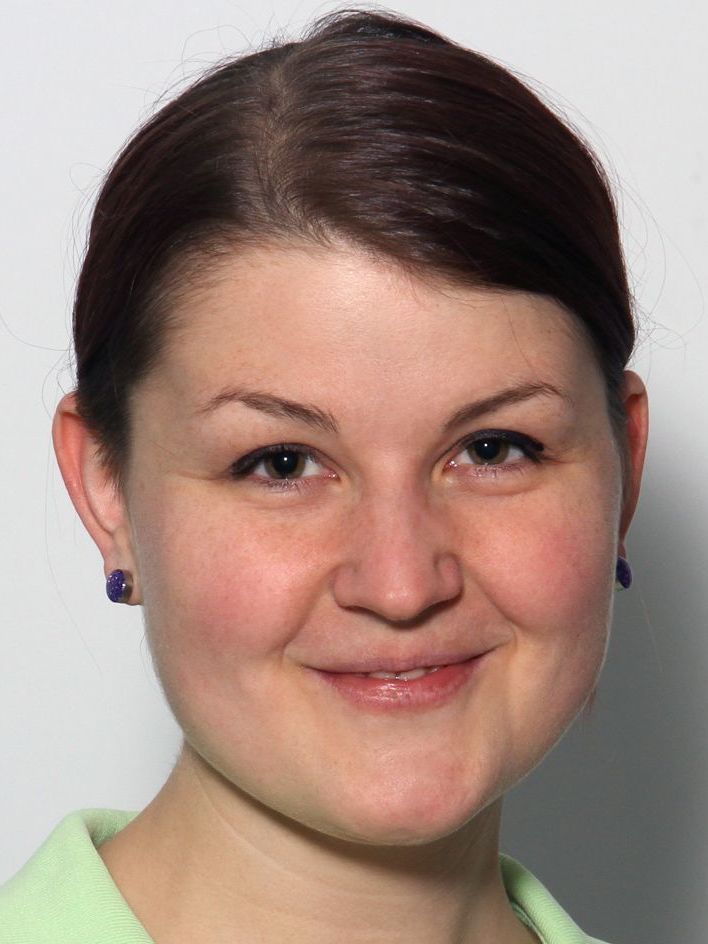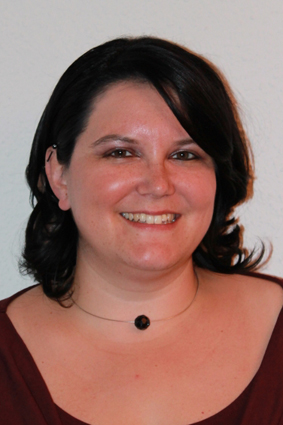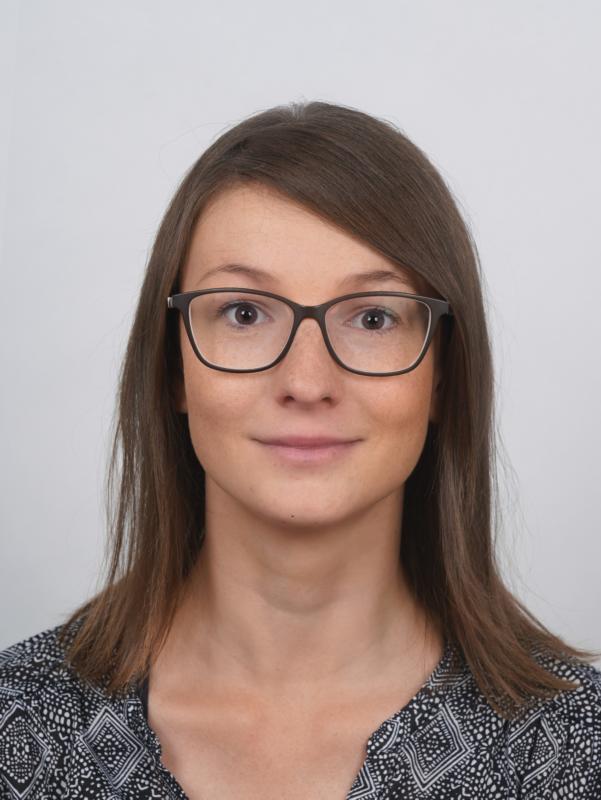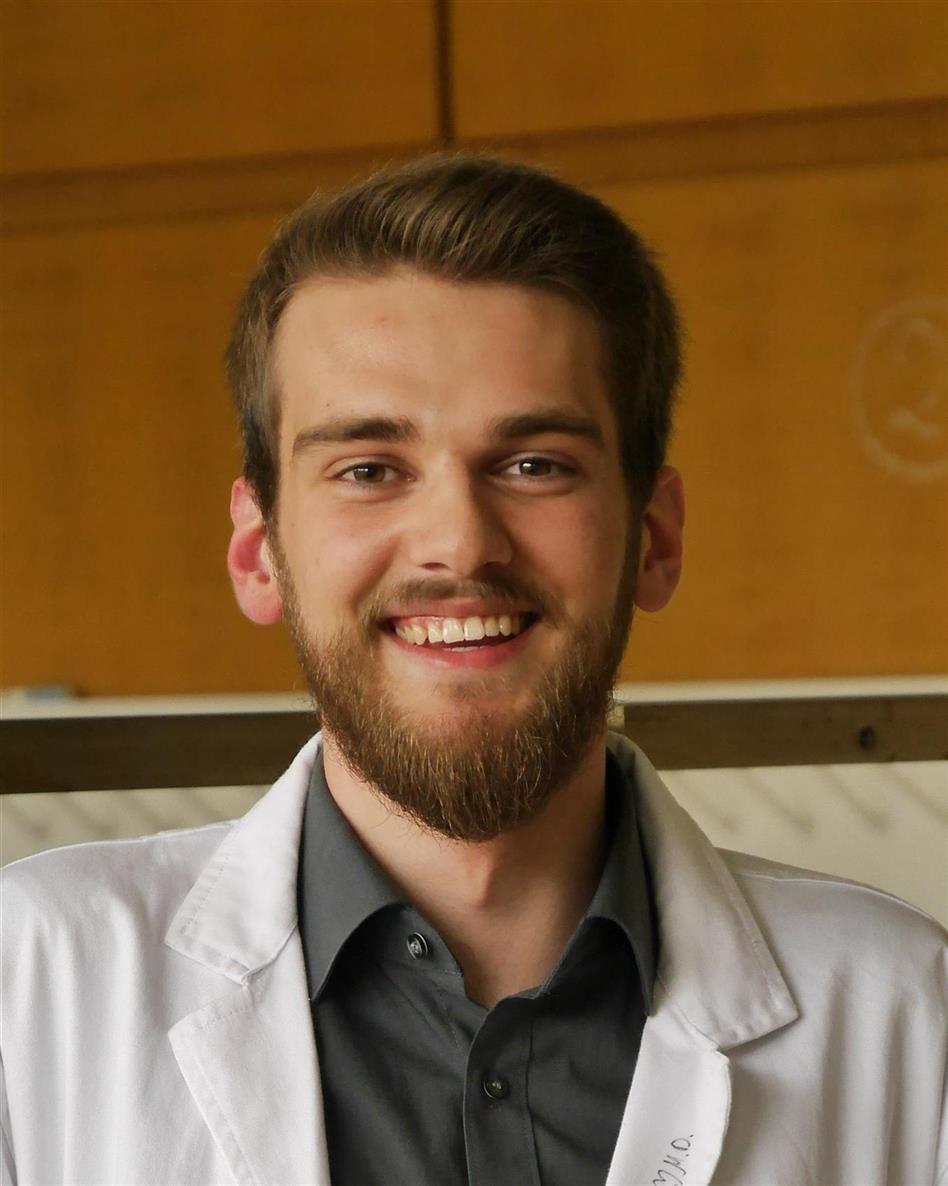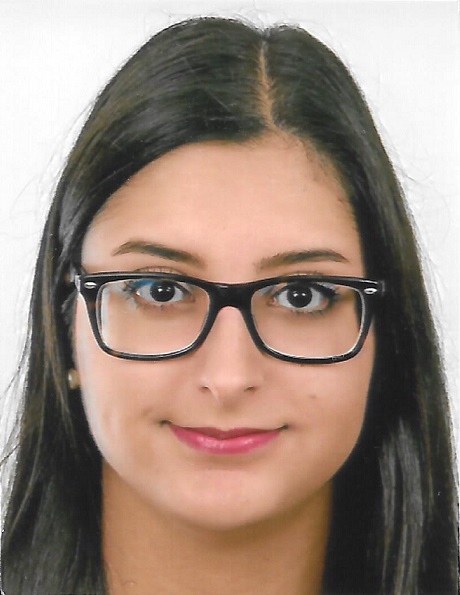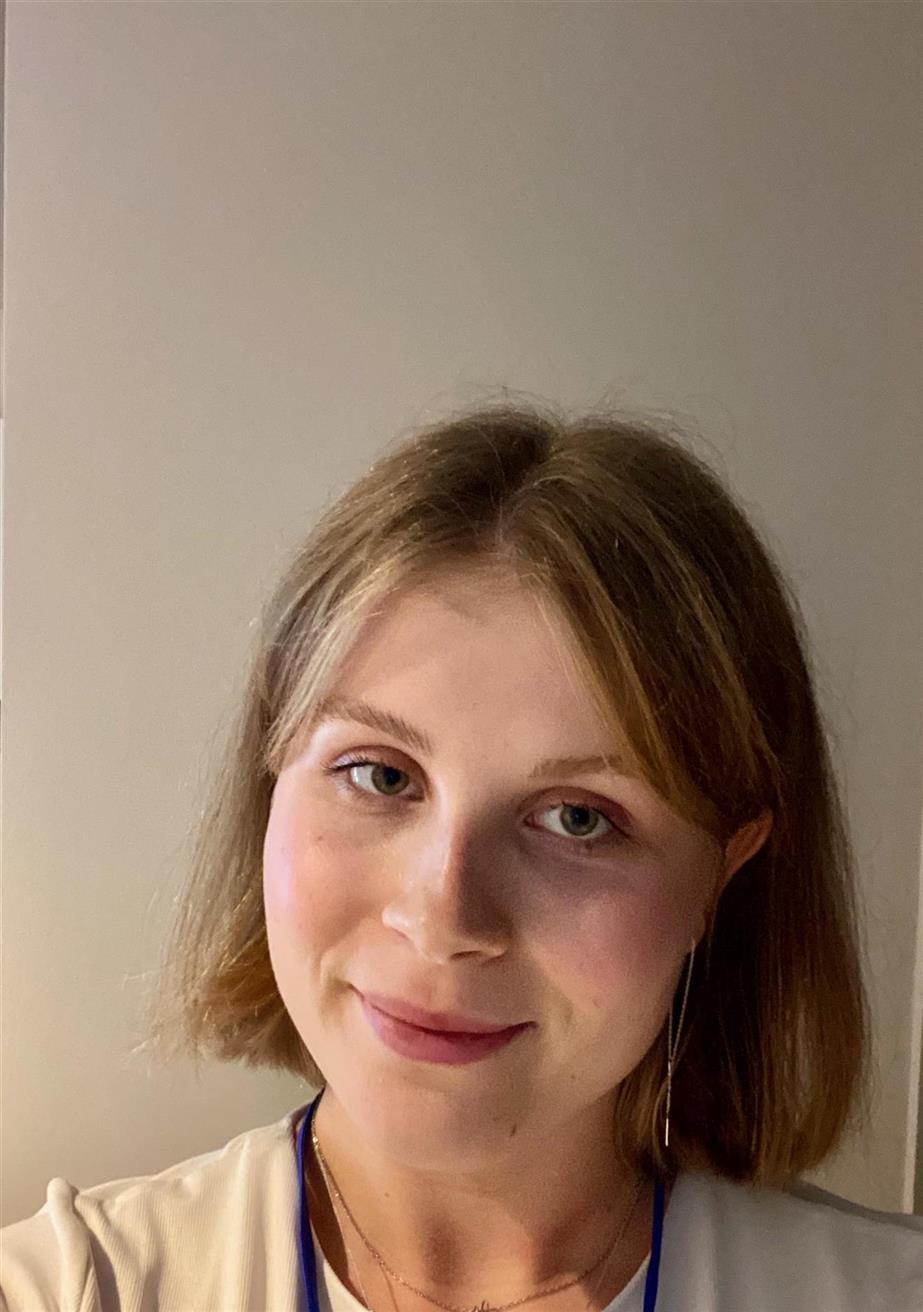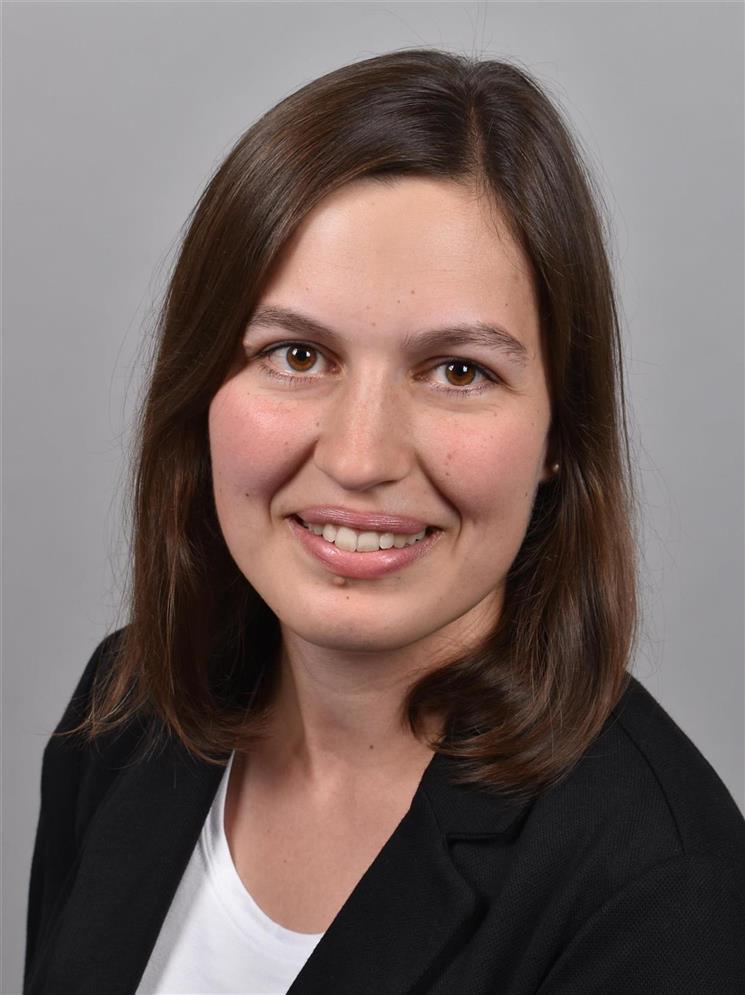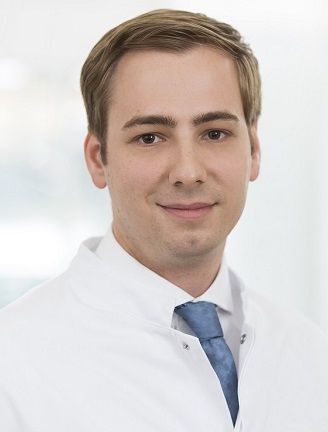

The translational research of our Research Division is fully geared by a systematic translational pipeline of developing therapy strategies for a broad range of genetically stratified neurodegenerative diseases. It proceeds from discovering the genetic basis, via fluid and digital biomarkers to paradigmatic first-in-human therapy approaches in
- ataxia and ataxia-overlap diseases, in particular genetic ataxias, complicated hereditary spastic paraplegias (HSP) , neurometabolic diseases, and rare complex movement disorders
- Frontotemporal Dementia, Alzheimer’s Disease, and other complex dementias, e.g. early-onset dementias, rare and atypical variants of Alzheimer´s disease, genetic dementias neurometabolic dementias.
- motor neuron diseases: Amyotrophic Lateral Sclerosis, in particular genetic types; ALS-FTD spectrum diseases, lysosomal motor neuron diseases.
The concept
For each these disease clusters, we have implemented a translational pipeline covering a comprehensive methodological spectrum including each systematic step of the pipeline:
- genetic stratification of patients with so far molecularly unsolved diseases, leveraging latest whole exome (WES), whole genome (WGS) and transcriptome (RNAseq) sequencing;
- deciphering underlying molecular pathways and associated fluid biomarkers, using both targeted assays (ultra-sensitive assays, e.g. SIMOA, SMCxPRO) and unbiased omics approaches;
- identification and validation of digital-motor outcome measures, exploiting sensor wearables both in the lab as well as in the real-life home setting;
- deep clinical, neuropsychological and imaging profiling and longitudinal outcome modelling;
- mechanistic first-in-human treatment studies, e.g. with RNA therapies like antisense oligonucleotides (ASOs), including even development of ultra-individualized n-of-1 ASO approaches.
Ataxias and ataxia-overlap diseases
We are a national and international lead center in degenerative ataxias and overlap diseases, leading a multitude of national and international ataxia and ataxia-spectrum consortia and platforms. Building on the prospective longitudinal international multicenter Autosomal Recessive Cerebellar Ataxia and Early-Onset Ataxia registry (ARCA/EOA) established by us in 2012, we were able to establish a large international network with continuous longitudinal progression data of >1000 ataxia patients Our registry and our work in next-generation genomics was the basis for: (i) the translational EU E-Rare JTC consortium “PREPARE” which prepares targeted treatment trials for rare autosomal-recessive ataxias (launched in 2015); (ii) the trial-readiness EU EJP RD consortium “PROSPAX” which charts the natural progression of spastic ataxias by rigorous multi-center trial-readiness studies (launched in 2020, together with Dr. Schüle, HIH); (iii) the translational global platform “Ataxia Global Initiative " (https://ataxia-global-initiative.net), which coordinates and harmonizes trial-readiness research on genetic ataxias across the leading centers around all continents (launched in 2019).
We helped to expand and delineate the phenotypic spectrum of >20 ataxia genes, including SYNE1, PNPLA6, STUB1, COQ8A (Traschütz et al, 2020, Ann Neurol) and RFC1 (Traschütz et al, 2021, Neurology). Our large web-based cohort of >2100 ataxia exome data-sets (PREPARE GENESIS), allowed us to identify > 15 novel ataxia/hereditary spastic paraplegia genes, like DNAJC3 , KCNA2 or PRDX3 (Rebelo et al, 2022, BRAIN).
Frontotemporal dementia, Alzheimer’s Disease and other complex dementias
We are a site PI in several national and international networks establishing translational programs for genetic and sporadic fronto-temporal dementia (FTD). In cooperation with Prof. Peter Heutink (HIH/DZNE Tübingen) we established a cohort of >2500 whole exome data-sets from subjects with FTD or with other early-onset dementias. This comprehensive cohort allowed us to run an in-depth analysis on the genes that underlie frontotemporal dementia (FTD) and their respective frequencies, demonstrating that FTD is a converging downstream result of multiple different molecular pathways (Blauwendraat et al, 2018, Genetics in Medicine). Moreover, it allowed us to delineate the phenotypic and mutational spectrum of FTD genes like TBK1. Our contributions to the global “GENFI consortium” have helped to systematically aggregate longitudinal clinical, imaging and biomaterial data from presymptomatic and symptomatic subjects from families with hereditary FTD allowing to already start first targeted molecular treatment trials in genetic FTD. Such trials will be facilitated by the identification of possible fluid biomarkers for FTD, like neurofilament light chain (NfL), progranulin, or glial fibrillary acid protein as described by us, and as already validated in first stringent longitudinal biomarker studies in genetic FTD by our GENFI consortium, including biomarker mapping of the “conversion phase” from the presymptomatic to the symptomatic stage in FTD (Wilke et al, 2022, Ann Neurolg) as well as other neurodegenerative diseases like Parkinson’s disease (Wilke et al, 2020, Mov Disord). This very early-stage disease phase which might be uniquely amendable for molecular treatments will now be characterized molecularly in-depth by our novel European JPND “GENFI-prox” consortium (launched in 2020).
Trial-readiness: preparing and establishing first-in-human treatments for neurodegenerative disease
To establish trial-readiness, we have developed digital-motor outcome measures capturing ataxia-specific gait changes even already at the preataxic stage in at-risk subjects (Ilg et al, 2016, Mov Disord; Thierfelder et al, 2022, Mov Disord), and also in symptomatic subjects´ real-life by body-worn sensor wearables (Ilg et al, 2020, Neurology), thus demonstrating ecological validity as required for regulatory approval as trial outcome measures. This is paralleled by our fluid biomarker work in ataxias, Frontotemporal Dementia, Alzheimer’s Disease and ALS, highlighting neurofilament light chain (NfL) as a highly promising progression, stratification and treatment-response biomarker for each of these diseases.
Building this fluid and digital-motor biomarker trial-readiness work, we are now running a whole series of first-in-man trials with targeted, mechanistic antisense oligonucleotides (ASO) in various genetic ataxias, FTD, Alzheimer’s disease and ALS. This includes a systematic development program of even highly individualized “n-of-1” ASOs, developing and launching mechanistic treatments fully tailored to only single neurological patients and their respective private mutations (1 Mutation 1 Medicine, Synofzik et al, 2022, Nucleic Acid Therap).

All outpatient clinics at a glance
- Ataxia Outpatient Clinics
- Outpatient Clinics for Frontotemporal Dementia and Early-Onset Dementias
- Outpatient Clinics for Amyotrophic Lateral Sclerosis (ALS)
ATAXIA
Driven by the vision to make ataxias treatable, the ataxia clinic provides state-of-the-art tools to establish trial-readiness and run treatment trials across ataxias, both with promising targeted compounds as well as inspiring neurorehabilitative strategies. As targeted mechanistic therapies and outcome markers will be driven by the respective specific underlying molecular etiology, the first goal of our ataxia outpatient clinics is to discover the molecular causes of ataxia, hereby working in close cooperation with the Department of Neuroradiology (MRT, MR-Spectroscopy) and the Institute of Medical Genetics. To address the increasing number of genes causing ataxia we use latest next-generation techniques (e.g. whole exome-sequencing and whole genome sequencing) on a routine basis with the highest diagnostic standards -. On a research basis, this is complemented by transcriptomics and even more advanced novel sequencing techniques (long-range WGS, optical genome mapping) to solve cases that remain without molecular diagnosis with routine procedures. Therapeutic options are tailored to the underlying cause of ataxia, the genetic defect, and concomitant symptoms.
Our outpatient clinics thus follows a stringent path towards trial-readiness. Together with Dr. W. Ilg and Prof. Dr. M. Giese from the Center for Integrative Neuroscience (CIN) we developed digital-motor outcome measures based on advanced movement recording and wearables technology, allowing to assess motor performance in ataxia patients’ real-life. These measures allow to serve as treatment-response measures, as demonstrated by means of the novel neurorehabilitative treatment approaches developed by our team, e.g. ataxia-tailored physiotherapy protocols or special videogame-based exercise programs (“exergames”) for ataxia. These digital-motor outcome measures are complemented by our OMICS research in molecular outcome measures, aiming to identify and validate fluid biomarkers ideally assessable even in peripheral blood. First candidate blood biomarkers (NfL, pNfH) have now been identified by our team for several degenerative ataxias. Both our digital-motor as well as fluid biomarkers are now adopted in the protocols of the first-in-human antisense oligonucleotide (ASO) trials, that we are running for spinocerebellar ataxias.
Our local and national trial-readiness research lines are embedded in the worldwide Ataxia Global Initiative (AGI; ataxia-global-initiative.net), co-led by our center (Prof Synofzik), which is genuinely designed to facilitate all clinical, research and regulatory steps towards ataxia trial-readiness. As lead PI in multiple national and international consortia, we participate in natural history and biomarkers studies of (i) autosomal-dominant spinocerebellar ataxias (SCA) (e.g. world-wide EUROSCA and ESMI consortia), presymptomatic at-risk subjects (RISCA), (ii) sporadic late-onset ataxias (SPORTAX), and (iii) autosomal-recessive cerebellar ataxias (ARCAs) . As coordinating center for several ARCA networks, Synofzik leads the worldwide ARCA registry and is scientific coordinator of the EU-funded consortium PROSPAX (An integrated multimodal progression chart in spastic ataxias; together with Dr. Rebecca Schüle) and the RFC1 Natural history study. At the same time, these networks - together with innovative multi-omics trans-European project SOLVE-RD (Solving the Unsolved Rare Diseases) - provide rich resources for discovering new ataxia genes. The clinic is run by Dr. Dr. A. Traschütz and Dr. C. Wilke and is supervised by Prof. Dr. M. Synofzik and Prof. Dr. L. Schöls.
FRONTOTEMPORAL DEMENTIA AND EARLY-ONSET DEMENTIAS
Frontotemporal Dementias (FTD) are a heterogeneous group of neurodegenerative diseases characterized by progressive changes in personality and behavior and/or progressive language disturbances. FTD often already starts between 50–60 years of age, yielding it one of the most common early-onset dementias (onset < 65 years).
While considered to be out of reach for long, targeted molecular treatment trials are now on the horizon or even starting for literally all major genetic FTDs. Our FTD outpatient clinic is one of the national and European forerunners on this stringent path towards trial-readiness. Our experts in the FTD clinic are specialists on the manifold differential diagnoses and overlap diseases of FTD. These include common neurodegenerative diseases like Progressive Supranuclear Gaze Palsy (PSP) or Alzheimer’s disease (AD), phenotypic spectra complicated by additional Parkinsonian syndromes or Amyotrophic Lateral Sclerosis (ALS), and also rare neurometabolic dementias like Niemann Pick Type-C (NPC) or Cathepsin F (CTSF)-related dementia. A special focus is given on an extensive clinico-neuropsychological work-up complemented by latest cerebrospinal and blood fluid biomarkers, including discovery of novel FTD fluid biomarkers on a research level. Moreover, all our FTD patients are offered latest next-generation genomics diagnostics (whole exome, whole genome sequencing) to unravel the underlying molecular cause of the disease, which is key for stratification into molecular precision medicine treatment trials.
We are the leading FTD recruitment center of the German Center for Neurodegenerative Diseases (DZNE), which has allowed to establish a large nationwide cohort of patients with FTD-spectrum diseases, comprehensively characterized on a clinical, neuropsychological, imaging and biomarker level. Moreover, we are the German lead center in the international multi-center GENFI consortium, aggregating and characterizing symptomatic and asymptomatic carriers with mutations in FTD genes in a longitudinal fashion, on a stringent path towards trial-readiness. This ambitious endeavor has already allowed to unravel the neuropsychological, imaging and molecular changes in FTD even before its clinical onset, thus offering a novel window for therapy These efforts are now heralded by the EU-funded consortium “GENFI-prox”, which establishes a multimodal, multi-omics signature allowing to stratify genetic at-risk FTD subjects directly prior to clinical disease onset for these upcoming molecular treatment trials. In fact, we are now already offering several first-in-human targeted molecular therapy trials for genetic FTD, targeting the earliest stages of this disease.
The clinic is run by Dr. D. Mengel and Dr. Lukas Beichert and supervised by Prof Dr. M. Synofzik.
AMYOTROPHIC LATERAL SCLEROSIS
Motoneuron diseases are caused by degeneration of motor neurons in the cerebral cortex (upper motor neuron) and/or the ventral horns of the spinal cord (lower motor neurons). The most common form of motoneuron disease – amyotrophic lateral sclerosis (ALS) – affects both upper and lower motor neurons.
Though ALS mainly is a sporadic disease, in about 10 % of patients there is a familial background. Our specific focus is concentrated on the genetic work-up of both seemingly sporadic as well as familial cases, aiming to explore the frequencies of ALS genes, discovering new ALS genes and unravelling the molecular pathways underling genetic ALS as well as fluid biomarkers for ALS. We perform an in-depth phenotyping of both the motor and non-motor profile of the ALS patients, complemented by a comprehensive fluid and cell biobanking, which is the basis for our continuous research projects. Routine diagnostic tests include nerve conduction studies, electromyography, and evoked potentials. Additional diagnostic procedures (e. g. lumbar puncture, and imaging of the brain and spinal cord) are offered on our specialized neurodegenerative ward. Treatment of respiratory problems is provided in close cooperation with the pulmonological department. This is complemented by highly innnovative, novel mechanistic first-in-man treatment trials and compassionate use applications of latest antisense oligonucleotide (ASO) therapies, e.g. for C9orf72-associated ALS and SOD1-associated ALS.
Follow-up of patients as well as management of symptoms and complications are provided by the clinic. The clinic is run by Dr. D. Mengel and Dr. L. Beichert and supervised by Prof. Dr. M. Synofzik.
Selected Publications
- Linnemann C, Wilke C, Mengel D, […], Synofzik M; GENFI. (2024) NfL reliability across laboratories, stage-dependent diagnostic performance and matrix comparability in genetic FTD: a large GENFI study. J Neurol Neurosurg Psychiatry. 2024 Feb 1:jnnp-2023-332464. Online ahead of print
- Wilke C, Pellerin D, Mengel D, Traschütz A, Danzi MC, Dicaire MJ, Neumann M, Lerche H, Bender B, Houlden H; RFC1 study group; Züchner S, Schöls L, Brais B, Synofzik M. (2023) GAA-FGF14 ataxia (SCA27B): phenotypic profile, natural history progression and 4-aminopyridine treatment response. Brain. 2023 Oct 3;146(10):4144-4157
- Traschütz A, Adarmes-Gómez AD, Anheim M, Baets J, Brais B, Gagnon C, […], PREPARE Consortium; Synofzik M. (2023) Responsiveness of the Scale for the Assessment and Rating of Ataxia and Natural History in 884 Recessive and Early Onset Ataxia Patients. Ann Neurol. 2023 Sep;94(3):470-485. Epub 2023 Jun 12.
- Mengel D, Wellik IG, Schuster KH, Jarrah SI, Wacker M, Ashraf NS, Öz G, Synofzik M*, Costa MDC*, McLoughlin HS*. (2023) Blood levels of neurofilament light are associated with disease progression in a mouse model of spinocerebellar ataxia type 3. Dis Model Mech. 2023 Sep 1;16(9):dmm050144. Epub 2023 Sep 4.
- Pellerin D, Danzi MC, Wilke C, Renaud M, Fazal S, Dicaire MJ, Scriba CK, Ashton C, Yanick C, Beijer D, […], Schüle R, Schöls L, La Piana R, Synofzik M, Zuchner S, Brais B. (2023) Deep Intronic FGF14 GAA Repeat Expansion in Late-Onset Cerebellar Ataxia. N Engl J Med. 2023 Jan 12;388(2):128-141. Epub 2022 Dec 14.
- Wilke C, Mengel D, Schöls L, Hengel H, Rakowicz M, Klockgether T, Durr A, Filla A, Melegh B, Schüle R, Reetz K, Jacobi H, Synofzik M. (2022) Levels of Neurofilament Light at the Preataxic and Ataxic Stages of Spinocerebellar Ataxia Type 1. Neurology. 2022 May 17;98(20):e1985-e1996. Epub 2022 Mar 9.
- Wilke C, S Reich, JC van Swieten, B Borroni, R Sanchez-Valle, F Moreno, R Laforce, C Graff, D Galimberti, […], Synofzik M. (2022). Stratifying the Presymptomatic Phase of Genetic Frontotemporal Dementia by Serum NfL and pNfH: A Longitudinal Multicentre Study. Ann Neurol 91:33-47.
- Synofzik M, van Roon-Mom WMC, Marckmann G, van Duyvenvoorde HA, Graessner H, Schüle R, Aartsma-Rus A. (2022) Preparing n-of-1 Antisense Oligonucleotide Treatments for Rare Neurological Diseases in Europe: Genetic, Regulatory, and Ethical Perspectives. Nucleic Acid Ther. 2022 Apr;32(2):83-94. Epub 2021 Sep 29.
- Rebelo AP, Eidhof I, Cintra VP, Guillot-Noel L, Pereira CV, Timmann D, Traschütz A, Schöls L, Coarelli G, Durr A, Anheim M, Tranchant C, Warrenburg BV, Guissart C, Koenig M, Howell J, Moraes CT, Schenck A, Stevanin G, Züchner S, Synofzik M (2021). Biallelic loss-of-function variations in PRDX3 cause cerebellar ataxia. Brain. Jun 22;144(5):1467-1481
- Traschutz A, A Cortese, S Reich, N Dominik, J Faber, H Jacobi, AM Hartmann, D Rujescu, S Montaut, […], Synofzik M. (2021). Natural History, Phenotypic Spectrum, and Discriminative Features of Multisystemic RFC1 Disease. Neurology 96:e1369-e1382.
- Wilke C, Haas E, Reetz K, Faber J, Garcia-Moreno H, [….], Hübener-Schmid J, Synofzik M. (2020) Neurofilaments in spinocerebellar ataxia type 3: blood biomarkers at the preataxic and ataxic stage in humans and mice. EMBO Mol Med.Jul 7;12(7):e11803.
- Traschütz A, Schirinzi T, Laugwitz L, Murray NH, Bingman CA, […] Distelmaier F, Pagliarini DJ, Puccio H, Synofzik M (2020): Clinico-Genetic, Imaging and Molecular Delineation of COQ8A-Ataxia: A Multicenter Study of 59 Patients. Ann Neurol. Aug;88(2):251-263. Epub 2020 Jun 10.
- Vogel AP, M Magee, R Torres-Vega, J Medrano-Montero, MP Cyngler, M Kruse, S Rojas, SC Cubillos, T Canento, , […], Synofzik M. (2020). Features of speech and swallowing dysfunction in pre-ataxic spinocerebellar ataxia type 2. Neurology 95:e194-e205.
- Ilg, W., Seemann, J., Giese, M., Traschutz, A., […], Synofzik, M. (2020). Real-life gait assessment in degenerative cerebellar ataxia: Toward ecologically valid biomarkers. Neurology, 95(9), e1199-e1210.
- Synofzik M, Puccio H, Mochel F, Schöls L. (2019) Autosomal Recessive Cerebellar Ataxias: Paving the Way toward Targeted Molecular Therapies. Neuron; 101(4): 560-583.
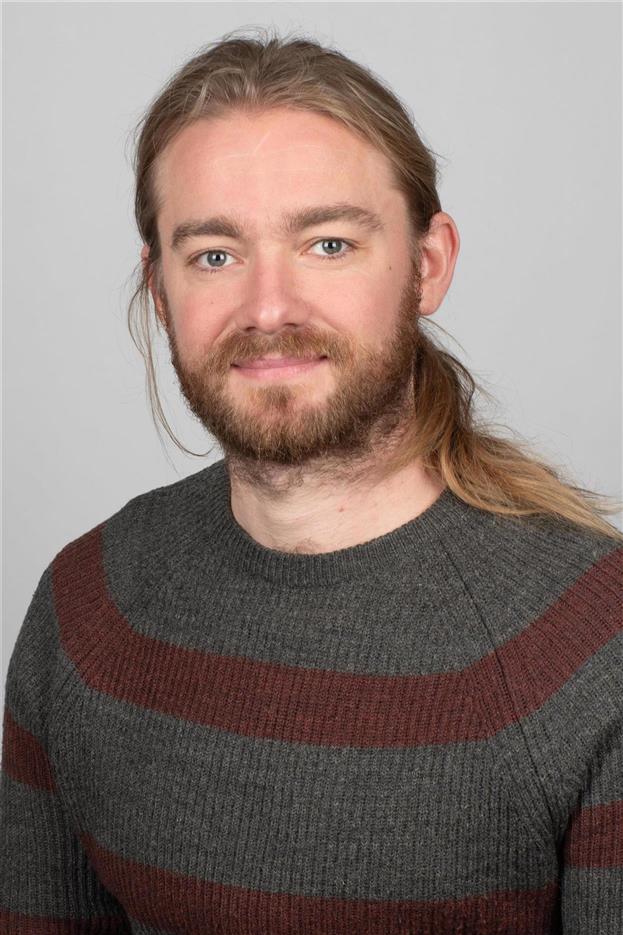
+49 (0)7071-
29-81969
Coming soon

Hertie Center of Neurology
Hertie Institute for Clinical Brain Research
Hoppe-Seyler-Straße 3
72076 Tübingen
Phone: +49 (0)7071 29-82060



